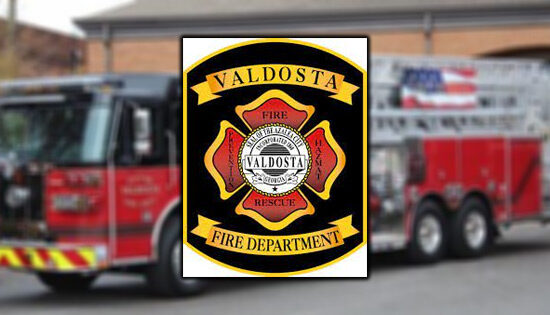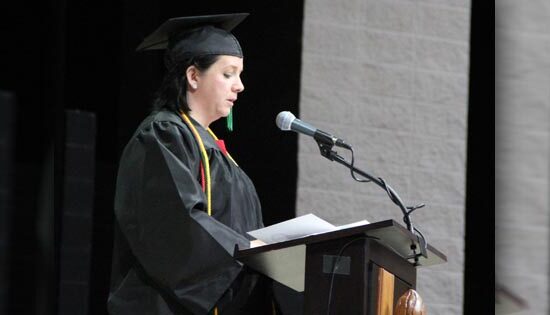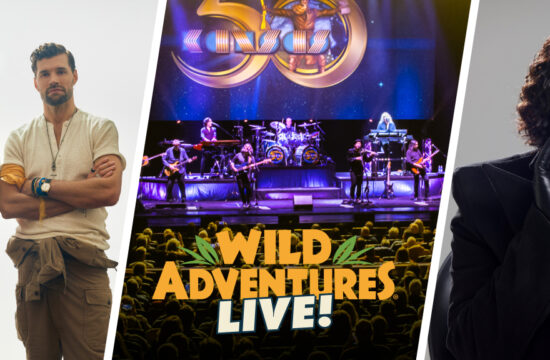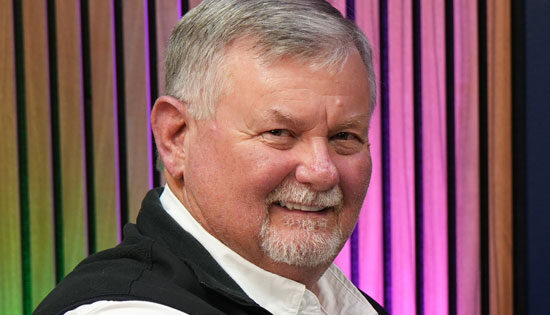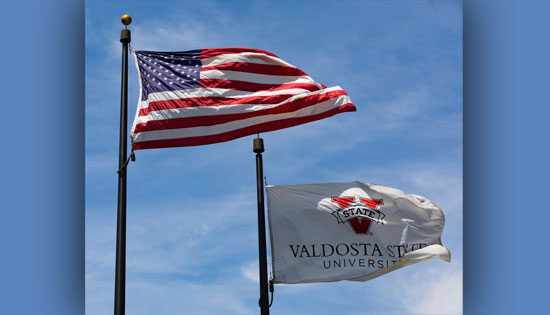VALDOSTA – Head’s up. There will be an International Space Station (ISS) viewing tonight at 6:41 p.m.
To brief those who aren’t natural armchair astronomers, and to encourage you to look up instead of down and around, here’s a crash course in what ISS is:
The International Space Station (ISS) is a space station, or a habitable artificial satellite, in low Earth orbit. Its first component launched into orbit in 1998, with the first long-term residents arriving in November 2000. It has been inhabited continuously since that date. The last pressurised module was fitted in 2011, and an experimental inflatable space habitat was added in 2016. The station is expected to operate until 2030.
Valdosta Today’s astronomer-at-large, Richard Taylor, says it will be visible throughout the Eastern U.S.
“The South Georgia forecast is for partly cloudy skies, so it may not be visible,” Taylor said. “Or, it could be the best conditions possible for photographing it.”
Taylor most recently captured the Blood Moon for VT that blazed through the skies Sunday night.
“If anyone is interested in photographing it, I can throw together some tips and pointers to help you catch it,” Taylor said.
See the link below for more information:
https://spotthestation.nasa.gov/sightings/view.cfm?country=United_States®ion=Georgia&city=Adel#.XEsVhVxKhhE
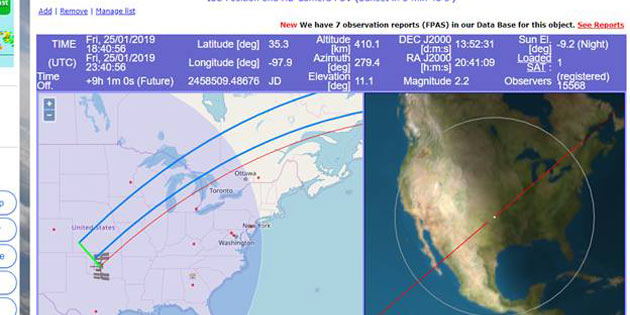
The ISS is the ninth space station to be inhabited by crews, following the Soviet and later Russian Salyut, Almaz, and Mir stations as well as Skylab from the US. The station has been continuously occupied for 18 years and 84 days since the arrival of Expedition 1 on 2 November 2000. This is the longest continuous human presence in low Earth orbit, having surpassed the previous record of 9 years and 357 days held by Mir. It has been visited by astronauts, cosmonauts and space tourists from 18 different nations. After the American Space Shuttle programme ended in 2011, Soyuz rockets became the only provider of transport for astronauts at the ISS.





